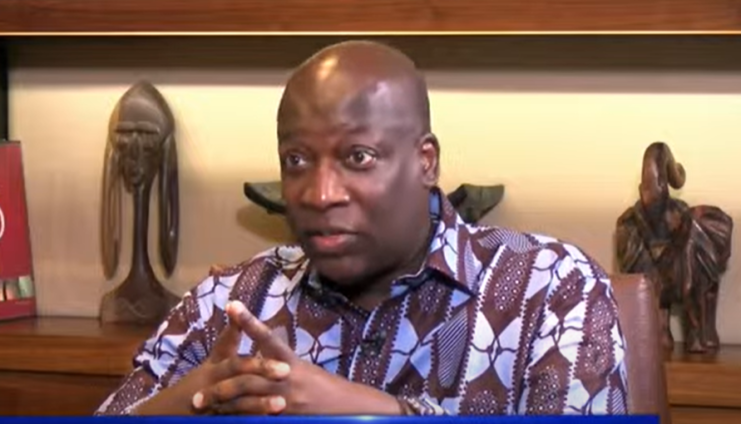The looting of core state properties in opaque circumstances, by those with political power, is a route to the very capture of that state. In the end, it is likely to lead to the negation of all pretences of democracy.
Therefore, the criteria of disclosure for the purchase of state properties by senior state actors, ought to be made very high.
In my view, it has been treated too casually by our political culture. This is something that bears all the hallmarks of related party transactions.
While I do not subscribe to an outright ban on PEPs from participating in legitimate business, such activity must be accompanied by very strict governance protocols. Public service is not a genetic obligation; those who want privacy in business should simply stay out of political office.
Asset declaration protocols, of self and close relatives (properly defined so people do not loot and then stash under others' names), need to be implemented. Then a very high bar must be placed on the disclosure of intent to sell and the sale itself, by law.
At the minimum, beneficiaries of such transactions, I suggest, should be compelled by law, to disclose financial contributions made to political parties and political actors. By them and/or any proxies acting on their behalf.
I also fail to understand, why state-owned businesses, intending to flog assets on their books, do not do so through the Ghana Stock Exchange. That approach will deepen the markets, build the muscles of the exchange, and bring greater transparency that enables broad participation.
When too often, beneficiaries of such transactions are from the party in power, it is understandable that anxiety breeds cynicism. And vice versa.
CHRAJ should move quickly to establish the facts through a diligent process. As regards the current matter of the sale of hotels by SSNIT. Until that is done, no one is guilty. Nor will even the innocent be free.
It is the facts that can lead to informed decisions on whether the divestiture of hotels is, in principle, right or wrong.
Had I my way, all such transactions since the beginning of the Fourth Republic in 1993, should be published. A democracy involves public reasoning, and public reasoning is only meaningful when it is based on the right information.
Latest Stories
-
CLOGSAG vows to resist partisan appointments in Civil, Local Government Service
1 hour -
Peasant Farmers Association welcomes Mahama’s move to rename Agric Ministry
1 hour -
NDC grateful to chiefs, people of Bono Region -Asiedu Nketia
1 hour -
Ban on smoking in public: FDA engages food service establishments on compliance
1 hour -
Mahama’s administration to consider opening Ghana’s Mission in Budapest
1 hour -
GEPA commits to building robust systems that empower MSMEs
1 hour -
Twifo Atti-Morkwa poultry farmers in distress due to high cost of feed
1 hour -
Central Region PURC assures residents of constant water, power supply during yuletide
1 hour -
Election victory not licence to misbehave – Police to youth
1 hour -
GPL 2024/2025: Nations thrash struggling Legon Cities
1 hour -
Electoral offences have no expiry date, accountability is inevitable – Fifi Kwetey
1 hour -
Ghanaians to enjoy reliable electricity this Christmas – ECG promises
2 hours -
Police deny reports of election-related violence in Nsawam Adoagyiri
2 hours -
‘We’re not brothers; we’ll show you where power lies’ – Dafeamekpor to Afenyo-Markin
2 hours -
EPA says lead-based paints are dangerous to health, calls for safer alternatives
4 hours

